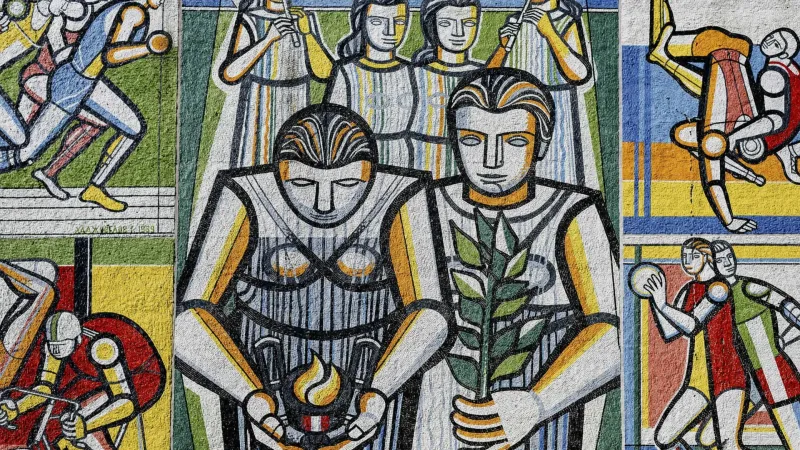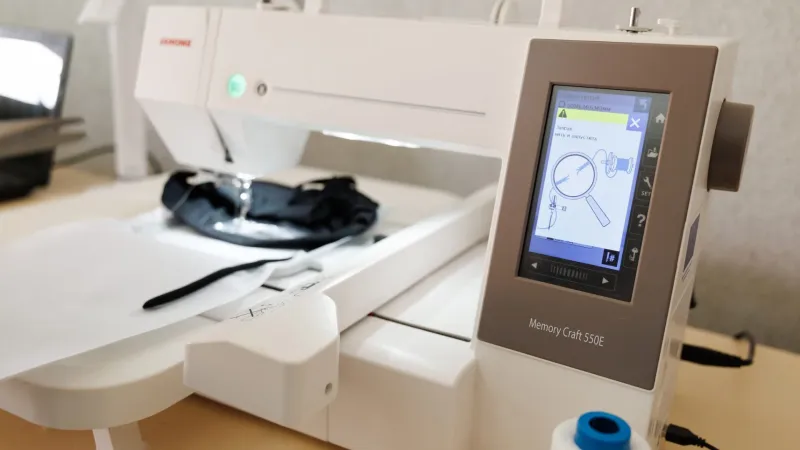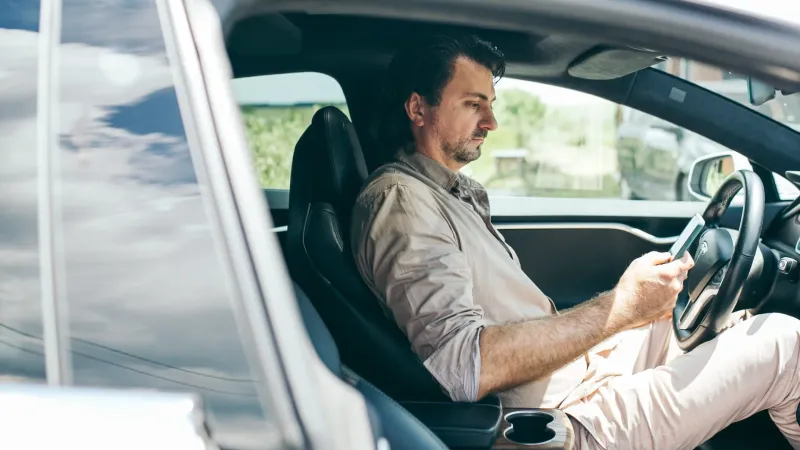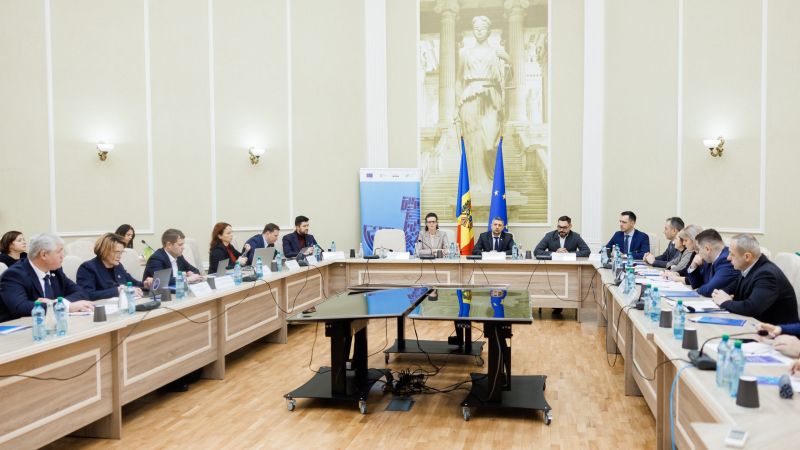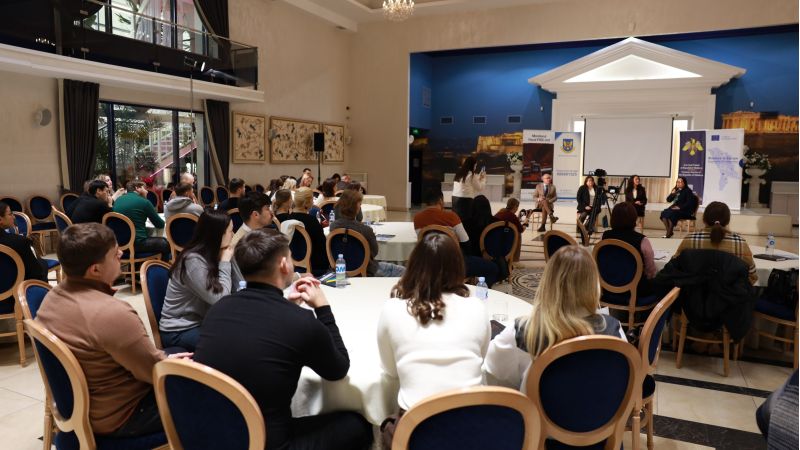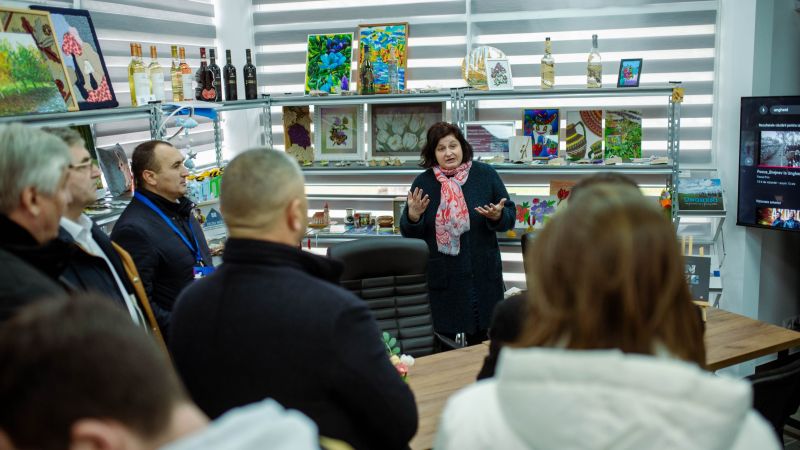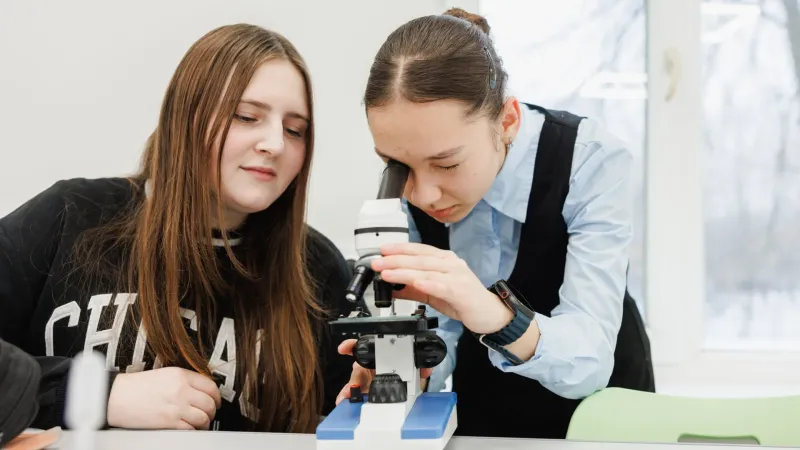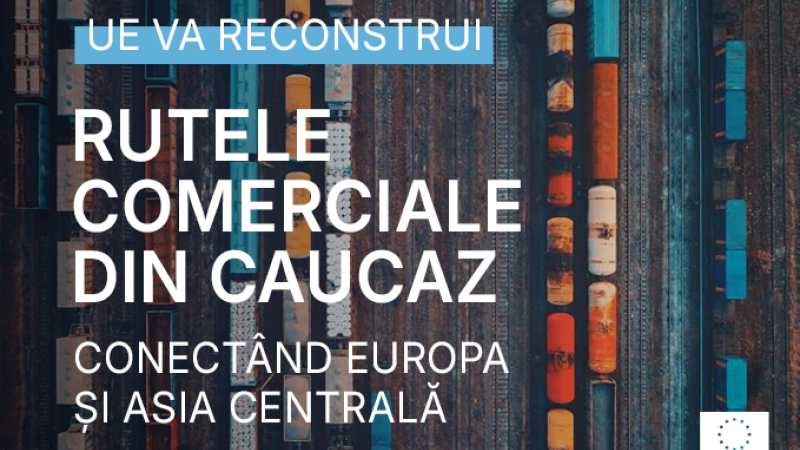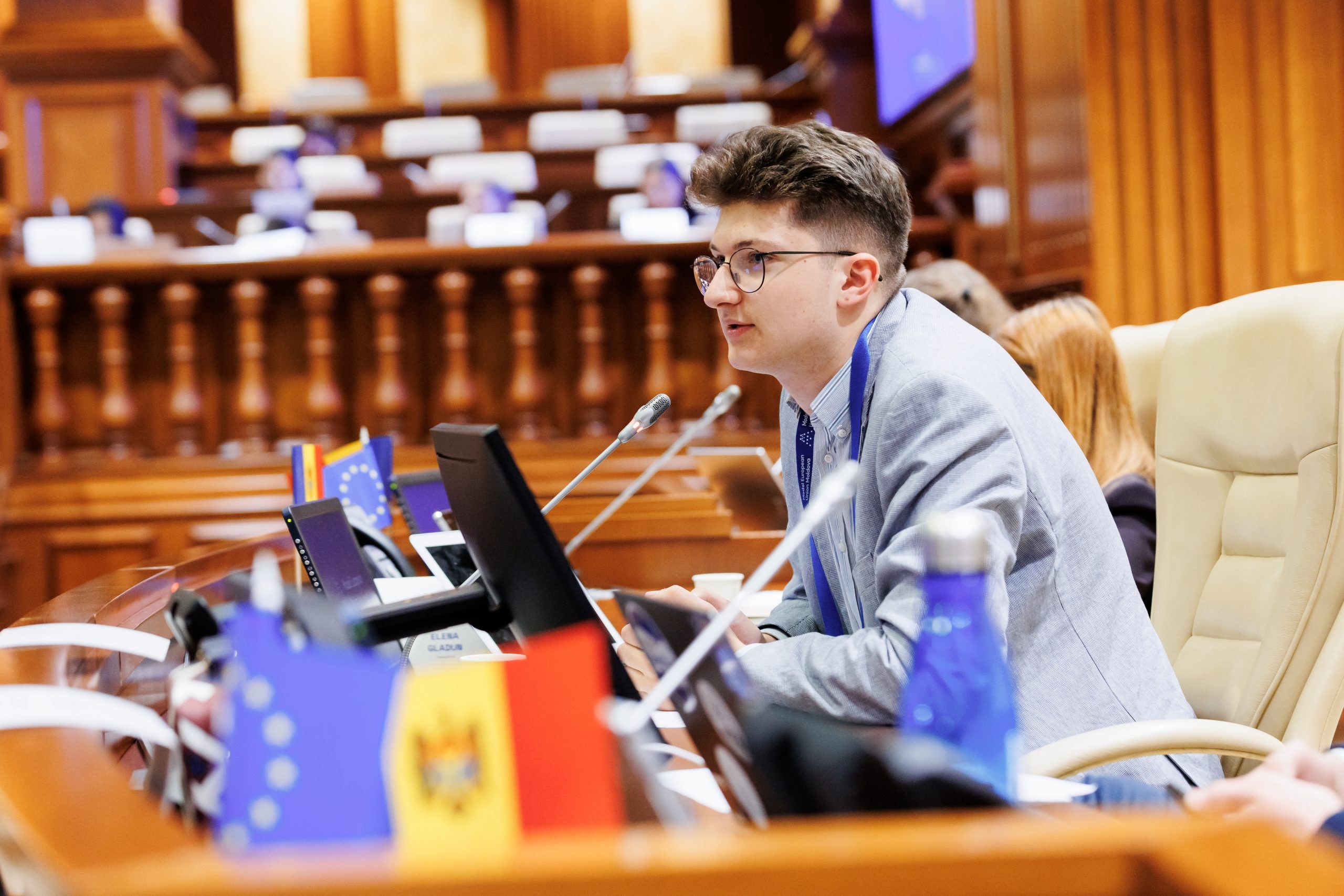
80 tineri au devenit europarlamentari pentru trei zile în cadrul inițiativei „Model EU Moldova”
Peste 80 de tineri din 20 de raioane ale țării au participat la prima ediție a inițiativei „Model European Union Moldova”, în care au simulat procesul în care se iau deciziile în cele mai importante instituții europene. În perioada 12-14 aprilie 2024, în incinta Parlamentului Republicii Moldova, tinerii au dezbătut propuneri legislative reale de pe agenda marilor politicieni, au negociat amendamente de legi și au găsit soluții la provocările cetățenilor.
În prima ediție a „Model EU Moldova”, tinerii s-au împărțit în șapte grupuri politice, conform componenței actualului Parlament European. Aceștia s-au familiarizat cu ideologiile partidelor și pozițiile acestora în raport cu subiectele dezbătute, au creat alianțe politice, au propus strategii și au adoptat propuneri legislative de pe ordinea de zi a politicienilor de la Bruxelles.
Subiectele propuse pentru discuțiile în plen s-au axat pe reducerea vârstei de vot la 16 ani și participarea civică a tinerilor, dar și libertatea mass-media și combaterea dezinfomrării. Ședințele parlamentului au fost reflectate de către un grup de tineri, care au avut rolul de jurnaliști de la cele mai importante instituții media din Uniunea Europeană, dar și din Republica Moldova.
Igor Grosu, președintele Parlamentului Republicii Moldova: „Tinerii trebuie să aibă o participare directă în tot ce numim noi integrare europeană. Vreau să vă rog să beneficiați plenar de aceste zile, să puneți întrebări, să înțelegi care sunt procesele și luarea deciziile în Parlamentul Republicii Moldova”.
Jānis Mažeiks, ambasadorul Uniunii Europene în Republica Moldova: „Prin implicarea voastră activă în astfel de inițiative, demonstrați că sunteți pregătiți să vă asumați responsabilitatea pentru modelarea viitorului Republicii Moldova. Sunt impresionat de angajamentul și pasiunea de care ați dat dovadă atunci când ați decis să fiți parte a unei experiențe unice”.
Peter Buschmann, Șeful-adjunct al Ambasadei Germaniei în Republica Moldova: „Guvernul german sprijină o serie de proiecte și inițiative menite să împuternicească tinerii din Republica Moldova. Acest sprijin se extinde către inițiative de formare a liderilor și programe care încurajează implicarea tinerilor în procesele decizionale, inclusiv evenimentul la care participați astăzi. Acest eveniment este o mare oportunitate de a vă dezvolta abilitățile care vă vor fi utile pentru creșterea voastră personală și profesională”.
Tinerii au beneficiat de ateliere dedicate celor două subiecte, modului în care funcționează instituțiile europene și tehnicilor de dezbateri și abilităților de oratorie, astfel încât prestația lor să fie la cel mai înalt nivel. Acest exercițiu a avut drept scop încurajarea gândirii critice, comunicării eficiente, muncii în echipă și planificării strategice.
Elena Gladun, participantă „Model EU Moldova”: „Am decis să mă alătur inițiativei Model EU Moldova, pentru a cunoaște oameni interesanți și ambițioși, cu care să-mi pot împărtăși pasiunea pentru tot ce înseamnă Uniunea Europeană. Anterior am participat și la alte eveninimente de tip Model UE, la care mereu am învățat ceva nou despre UE și instituțiile sale”.
„Model European Union” este o inițiativă de simulare a procesului de luare a deciziilor în cele mai importante instituții europene. Cei 80 de participanți au replicat modalitatea în care funcționează Parlamentul Eurpean.
Inițiativa are loc pentru prima dată în Republica Moldova și este organizată cu suportul financiar al Uniunii Europene și a Ministerului Federal German pentru Cooperare Economică și Dezvoltare, în cadrul proiectului „EU4Youth: Implicarea și Abilitarea Tinerilor”, implementat de Agenția de Cooperare Internațională a Germaniei (GIZ Moldova), în colaborare cu programul EU NEIGHBOURS east, Consiliul Național al Tineretului din Moldova (CNTM) și Centrul de Informare al UE la Chișinău – Europe Café. Evenimentul are loc în contextul „Anului European al Competențelor”, pentru a stimula tinerii să se implice în procesul decizional.
